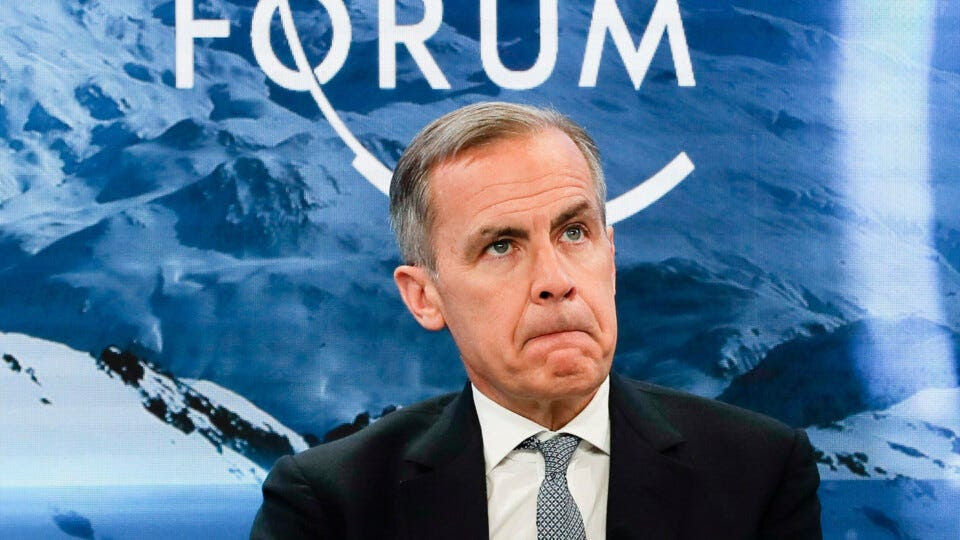Alberta
Three suspects charged for allegedly sex trafficking Edmonton teens

From the Alberta Law Enforcement Response Teams (ALERT)
“One of the victims, a 13-year-old girl, was part of a missing persons investigation earlier in the year”
Four teens have been rescued following an ALERT Human Trafficking investigation in Edmonton. Two men and a 17-year-old face a total of 48 charges.
ALERT’s Human Trafficking unit charged three suspects on October 12, 2023 in a case that dates back several months and involved underage victims. ALERT alleges that the youths were recruited and groomed into working in the sex trade and were being sexually exploited at a local hotel.
One of the victims, a 13-year-old girl, was part of a missing persons investigation earlier in the year. ALERT worked with the Edmonton Police Service on the case, which also led to the identification of other youth victims.
“These youths met their perpetrators over social media and were lured and groomed into working in the sex industry. As is often the case, there are a bunch of false promises of money, relationships, gifts, but those never seem to materialize and these survivors endure tremendous hardship,” said Staff Sgt. Chris Hayes, ALERT Human Trafficking.
All four survivors are receiving the appropriate supports and resources with partner agencies.
Obinna Nwanekezi, 19 years old, faces 22 charges, including:
- Trafficking a person under 18;
- Procuring a person under 18;
- Luring a child;
- Sexual exploitation;
- Material benefit from trafficking a person under 18;
- Making child pornography;
- Distributing child pornography;
- Possessing child pornography;
- Agreement/arrangement of sexual offence against child; and
- Assault.
Jelani Ried, 19 years old, faces 21 charges, including:
- Trafficking a person under 18;
- Procuring a person under 18;
- Luring a child;
- Sexual exploitation;
- Material benefit from trafficking a person under 18;
- Making child pornography;
- Distributing child pornography;
- Possessing child pornography; and
- Agreement/arrangement of sexual offence against child.
Five additional charges have been laid against a 17-year-old youth who cannot be identified under the Youth Criminal Justice Act. They have been released with conditions.
ALERT encourages anyone who believes they are a victim of sexual assault or abuse to report it to police. Victims of sexual exploitation can report it to the Edmonton Police Service by calling 780-423-4567, or 9-1-1 if they are in immediate danger. Alternatively, anyone seeking supports is encouraged to contact the Safety Network Coordinator with CEASE at 780-471-6137. There is no time limit on how long a victim has to report a sexual assault in Canada.
Members of the public who suspect drug or gang activity in their community can call local police, or contact Crime Stoppers at 1-800-222-TIPS (8477). Crime Stoppers is always anonymous.
ALERT was established and is funded by the Alberta Government and is a compilation of the province’s most sophisticated law enforcement resources committed to tackling serious and organized crime.
Alberta
Former Chief Judge of Manitoba Proincial Court will lead AHS third-party investigation into AHS procurement process
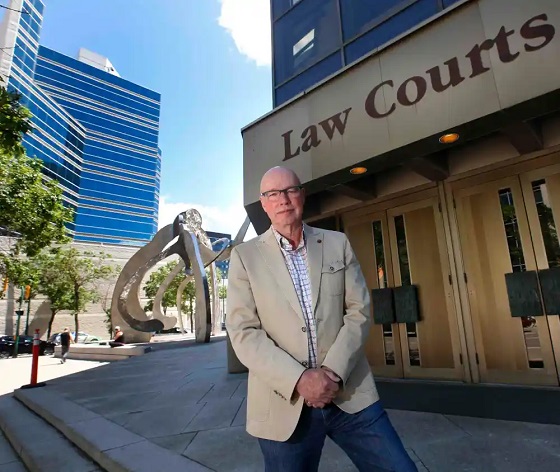
Deputy Minister of Jobs, Economy and Trade Christopher McPherson has issued the following statement on an independent third-party investigation into procurement and contracting processes used by the Government of Alberta and Alberta Health Services (AHS):
Deputy Minister of Jobs, Economy and Trade Christopher McPherson has issued the following statement on an independent third-party investigation into procurement and contracting processes used by the Government of Alberta and Alberta Health Services (AHS):
“While serving as Acting Deputy Minister of Executive Council, Premier Danielle Smith asked me to establish a credible, independent, third-party investigation into the procurement processes used by the Government of Alberta and AHS and their outcomes.
“I have informed Premier Smith that the Honourable Raymond E. Wyant, former Chief Judge of the Provincial Court of Manitoba, will lead this investigation. I asked Premier Smith to issue a ministerial order to facilitate his work and she has done so. Judge Wyant’s work on this matter begins immediately.
“Judge Wyant was appointed to the Manitoba bench in 1998 before becoming Chief Judge in 2002. Prior to his service on the bench, Judge Wyant worked as a criminal defence lawyer and Crown attorney and was acting deputy director of Manitoba prosecutions at the time of his appointment to the Bench. He has also taught law for many years at Robson Hall at the University of Manitoba.
“Judge Wyant will review the relevant legislation, regulations and policies related to procurement typically used by Government of Alberta departments and agencies, specifically AHS, and their application to the procurement of pharmaceuticals and to services offered by chartered surgical facilities. Questions that Judge Wyant will consider are outlined in the attached terms of reference, and include whether or not any elected official, Government of Alberta or AHS employee, or other individuals, acted improperly during the procurement processes. Judge Wyant will make recommendations to the government for improvement or further action as appropriate.
“Appointed under the Government Organization Act, Judge Wyant will operate independently of government. The Government of Alberta will provide Judge Wyant with access to all relevant documents held by its departments and AHS, as well as facilitate interviews with relevant individuals.
“Judge Wyant has been given a budget of $500,000 to undertake this important work, including to retain legal and audit assistance at his discretion. He is being paid $31,900 per month, which is the same remuneration rate as the Chief Justice of the Alberta Court of Justice.
“To ensure additional independence, Service Alberta and Red Tape Reduction will hold the budget for this third-party investigation.
“Judge Wyant will deliver an interim written report by May 30, 2025. A final written report and recommendations will be delivered by June 30, 2025, and it will be posted on alberta.ca.”
Related information
Alberta
Alberta Income Tax cut is great but balanced budgets are needed

By Kris Sims
The Canadian Taxpayers Federation is applauding the Alberta government for giving Albertans a huge income tax cut in Budget 2025, but is strongly warning against its dive into debt by running a deficit.
“Premier Danielle Smith keeping her promise to cut Alberta’s income tax is great news, because it means huge savings for most working families,” said Kris Sims, CTF Alberta Director. “Families are fighting to afford basics right now, and if they can save more than $1,500 per year thanks to this big tax cut, that would cover a month’s rent or more than a month’s worth of groceries.”
Finance Minister Nate Horner announced, effective this fiscal year, Alberta will drop its lowest income tax rate to eight per cent, down from 10 per cent, for the first $60,000 of earnings.
The government estimates this income tax cut will save the average Alberta worker about $750 per year, or more than $1,500 per year for a two-person working family.
Albertans earning less than $60,000 a year will see a 20 per cent reduction to their annual provincial income tax bill.
The budget also contained some bad news.
The province is running a $5.2 billion deficit in 2025-26 and the government is planning to keep running deficits for two more years.
Total spending has gone up from $73.1 billion from last budget to $79.3 billion this year, an increase of 8.4 per cent.
“If the government had frozen spending at last year’s budget level, the province could have a $1 billion surplus and still cut the income tax,” said Sims. “The debt is going up over the next few years, but we caught a lucky break with interest rates dropping this past year, so we aren’t paying as much in interest payments on the debt.”
The province’s debt is now estimated to be $82.8 billion for 2025-26.
Interest payments on the provincial debt are costing taxpayers about $2.9 billion, about a 12 per cent decrease from last year.
-

 Courageous Discourse20 hours ago
Courageous Discourse20 hours agoZelensky Met with Dems Before He Met President Trump
-
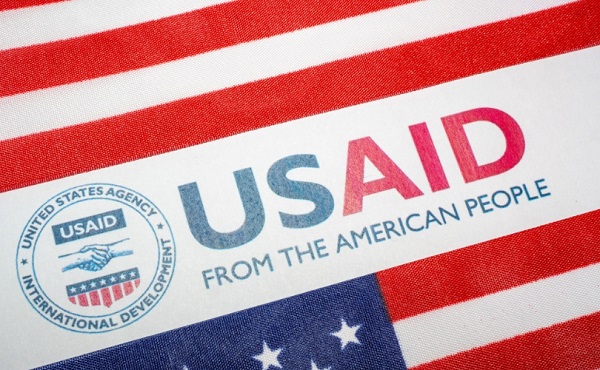
 Business12 hours ago
Business12 hours agoTrump’s USAID shutdown is a win for America and a blow to the globalist agenda
-
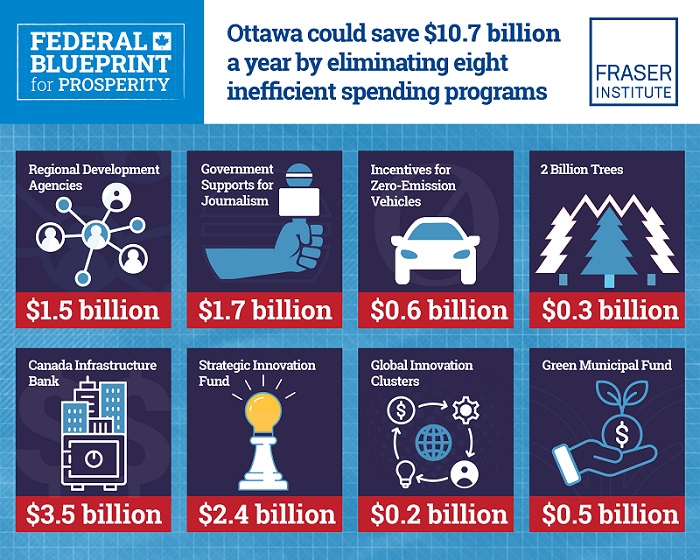
 Business1 day ago
Business1 day agoFederal government could save $10.7 billion this fiscal year by eliminating eight ineffective spending programs
-

 International21 hours ago
International21 hours agoDataRepublican Exposes the Shadow Government’s Darkest Secrets
-
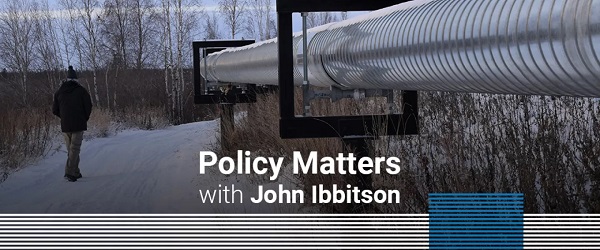
 Economy12 hours ago
Economy12 hours agoHere’s how First Nations can access a reliable source of revenue
-

 illegal immigration1 day ago
illegal immigration1 day ago“The Invasion of our Country is OVER”: Trump reports lowest illegal crossings in history
-

 conflict9 hours ago
conflict9 hours agoEurope moves to broker Ukraine peace deal, seeks Trump’s backing
-
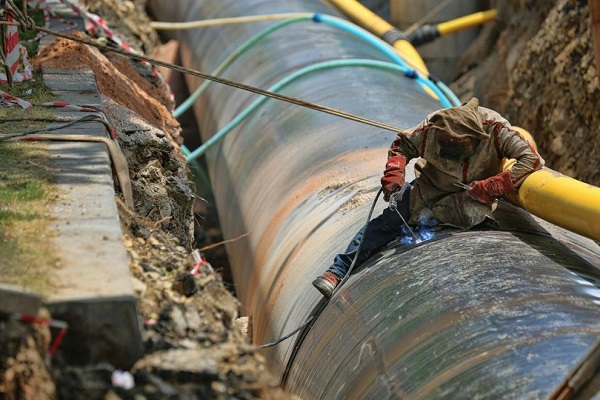
 Energy1 day ago
Energy1 day agoTrial underway in energy company’s lawsuit against Greenpeace





